
A model of the Beidou Satellite Navigation System. (File photo/Xinhua)
China's Beidou Navigation Satellite System played an invisible but important role in the Beijing 2022 Olympic Winter Games, according to the China Satellite Navigation Office.
It said in a statement that Chinese athletes and trainers had benefited from the use of a Beidou-enabled training suit developed by researchers from the Capital University of Physical Education and Sports in collaboration with a number of other research institutes.
Making use of the system's high-precision positioning information, the suit helps coaches monitor and record data about location, route, speed and acceleration.
By compiling and analyzing the data, coaches can adjust training plans while athletes can improve tactics or maneuvers, the statement said, adding that the suit is also able to warn athletes if they are approaching safety hazards.
It was used by athletes in sports like alpine skiing and cross-country skiing during Olympic training.
At the Shougang Big Air venue in Beijing, a fleet of driverless vehicles were tested during the Games. The autonomous cars, which integrate artificial intelligence, 5G and Beidou technologies, were used to transport visitors and cargo, sell and deliver goods and conduct security patrols.
Thanks to Beidou's satellite navigation and positioning service, the vehicles were able to rapidly and accurately reach users and destinations, saving manpower and time, according to the office.
Beidou is currently China's largest civilian satellite system and one of four global navigation networks, along with the United States' GPS, Russia's GLONASS and the European Union's Galileo systems.
Since 2000, a total of 59 Beidou satellites, including four first experimental units, have been lifted into orbit aboard 44 Long March 3-series rockets from the Xichang Satellite Launch Center in Sichuan province. Some have since retired.
Beidou began to provide positioning, navigation, timing and messaging services to civilian users in China and other parts of the Asia-Pacific region in December 2012. At the end of 2018, it started providing basic services globally.
In June 2020, the final satellite in Beidou's third-generation network was lifted into orbit aboard a Long March 3B rocket and was placed in geostationary orbit about 36,000 kilometers above the Earth.
The following month, President Xi Jinping announced that the system was complete and had begun providing full-scale global services.









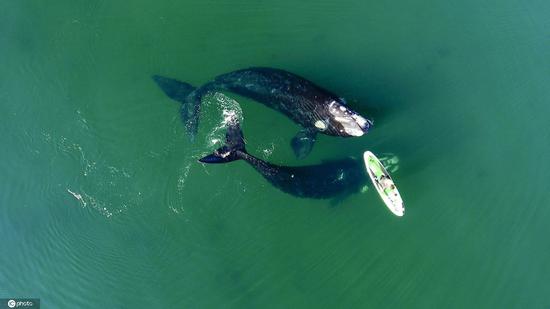













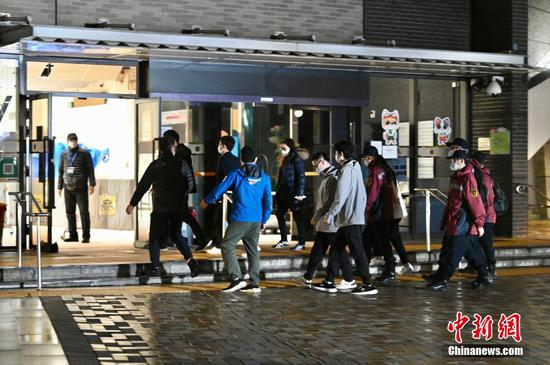









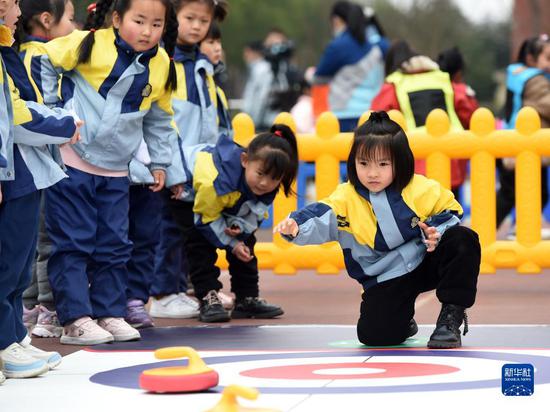


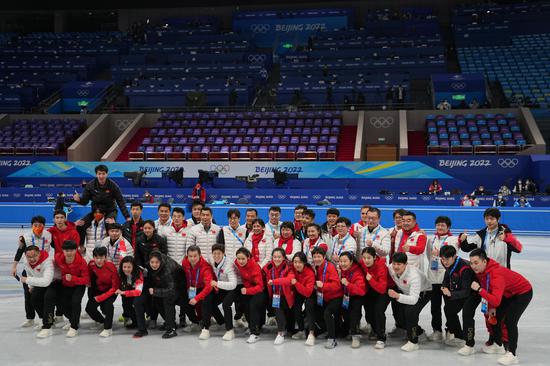
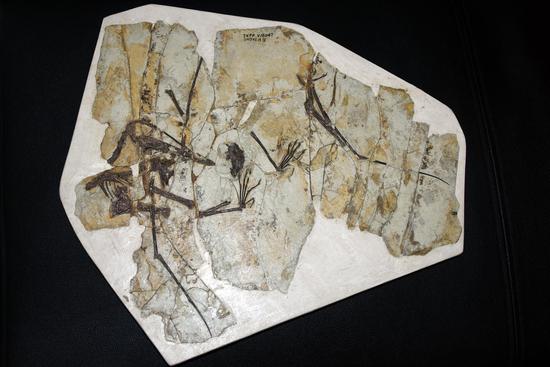






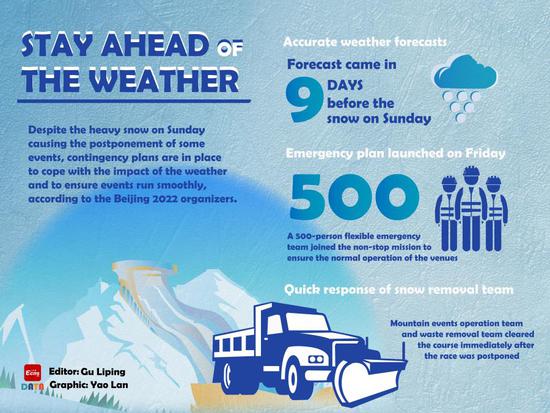





 京公網安備 11010202009201號
京公網安備 11010202009201號